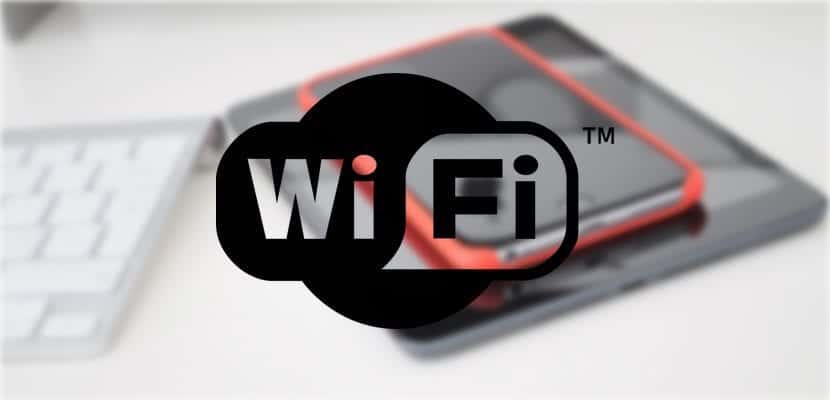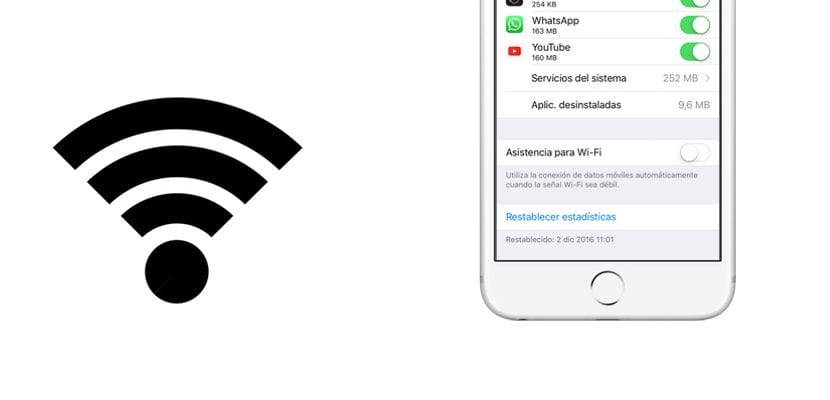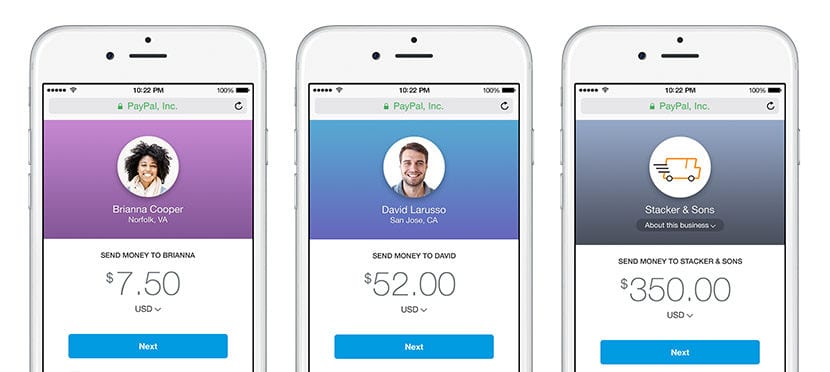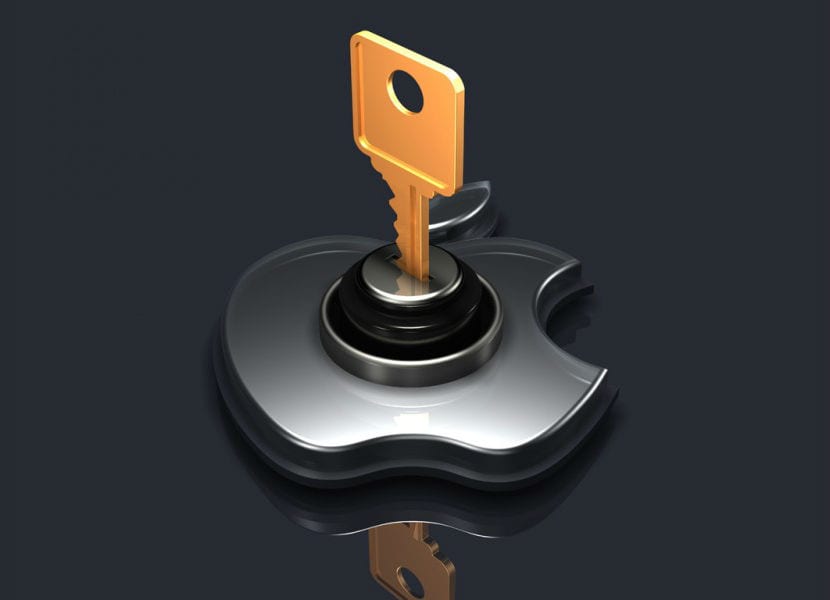
Network security is becoming increasingly important, and it is that the traffic with our data moves a market greater than many goods that have a shape. However, those who do not take our data so seriously are the creators of some of the most important applications in the current mobile software landscape. According to a latest report, up to seventy-six of the most popular applications that we can find in the iOS App Store are not secure enough as to meet current standards. Let's take a little look at this data and find out how easy it is for information to be stolen when we navigate on our iPhone using these types of applications classified as insecure.
Hand in hand MacRumors that you have accessed the report of Strafach, we have known this current security situation on our mobile devices. The WiFi seems to be the key to entry to them, and once again, the encryption is insufficient.and the little interest on the part of the developers which leaves us fully exposed in this regard. Therefore, we should all start to seriously consider stopping using these types of applications. Honestly, their developers still have little interest in perfecting the encryption and protocol of these applications precisely because they know that users are not going to stop using it, and that is that software consumers do not care a bit about insecurity as long as they do not touch the pocket.
The CEO of Sudo Security Group Will Strafach, has emphasized precisely the fact that many of the applications considered the best or the most used are in some cases the real champions of this insecurity and these insufficient encryption protocols. And it would be hypocritical not to talk about certain applications now, when the encryption of WhatsApp has been insufficient until recently, and we have not lost the opportunity to point out these deficiencies of the most popular messaging application in the world.
How exposed are we to this threat?

The input method is almost an old woman's tale, The applications included in this list of dubious honor do not have a security protocol for the transport of packages. If you are curious, you can directly access the article that Will Strafach has added in Medium directly in THIS LINK.
In short, the WiFi connection and the transfer of data through our mobile device and the WiFi router is the key point to intercept the information we want to captureIn this way, and by not having this information transport layer protected, anyone with the necessary knowledge and almost no type of impediment can be done with the access data and other types of information that are available in the connection.
By this we do not mean that all of our information is at risk, in fact, iOS is one of the systems that pays the most attention to this type of security measures and the content is fully encrypted. However, what Apple cannot prevent is that applications that use content that we have entered ourselves (since they request them, such as passwords and our family data) transmit this type of sensitive information between the credit card. WiFi network of the iPhone and the router in question.
Some background of applications that have been improving

This problem does not come from now, they have been analyzing applications for a long time that did not prevent this data from being intercepted in any way. Examples of the strongest are PayPal or even Kaspersky's "safe browser" no less.
In short, WhatsApp, for example, has been including end-to-end encryption for quite some time, which has been promoting with great fanfare since its launch. So that, Let's analyze if it is really worth exposing ourselves to this type of risk solely for using these applications.
